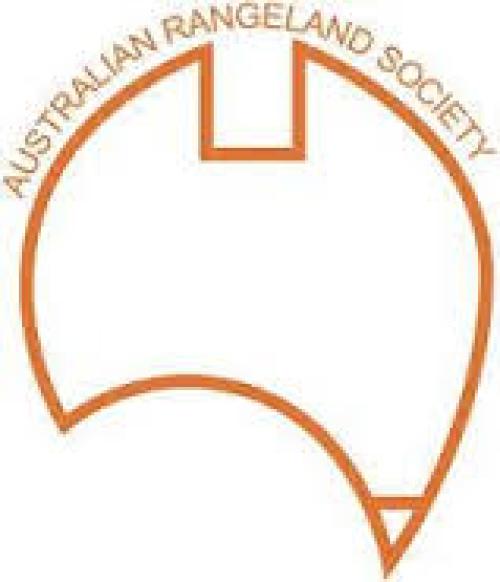The majority of Australian grazing lands have been degraded since European settlement, resulting in loss of soil carbon and reduced capacity to provide ecosystem services, from primary productivity and climate moderation to social and aesthetic values. Land degradation has also reduced resilience, making grazing land more vulnerable and less able to adapt to the impacts of climate change. With an already variable climate, much of the country is projected to become hotter and drier, with less rainfall, higher temperatures and higher evapotranspiration likely to shift some currently arable land into rangelands. ...
Anderson, L., van Klinken, R. D., and Shepherd, D. (2008). Aerially surveying Mesquite (Prosopis spp.) in the Pilbara. In: 'A Climate of Change in the Rangelands. Proceedings of the 15th Australian Rangeland Society Biennial Conference'. (Ed. D. Orr) 4 pages. (Australian Rangeland Society: Australia).

Full-text publications from the Australian Rangelands Society (ARS) Biennial Conference Proceedings (1997-), Rangeland Journal (ARS/CSIRO; 1976-), plus videos and other resources about the rangelands of Australia.